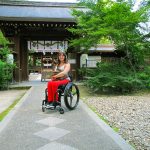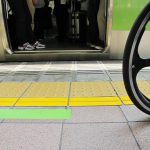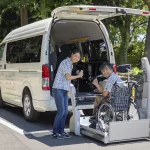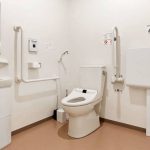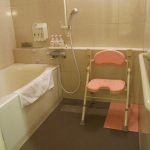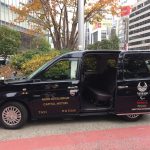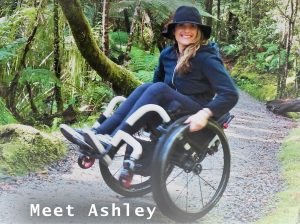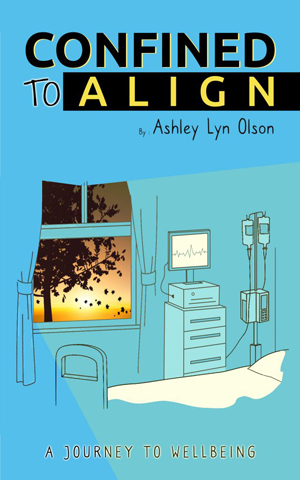“I learned to trust myself and to leave behind the societal beliefs about deaf people traveling. I am deaf, and I can navigate the world.” — Marlene Valle
Blogger and avid traveler Marlene Valle hit the nail on the head when she said that accessible travel is more than a want for deaf people; it is a right, and it is something that countries across the globe should strive to guarantee. Accessible tourism makes sense; over 1.3 billion people in the world experience significant disability, but that doesn’t mean that they don’t aspire to see the most beautiful sites this Planet has to offer. Of the many countries in Asia that vie for their attention, one of the most popular is Japan. There may be language barriers and few people may speak English, but that is no reason why deaf people cannot enjoy a culturally rich, fascinating trip to “the land of the rising sun.”
Let Your Phone Do Some Talking
You can keep a set of handy notes on your phone that you can show others when required. These notes can include information like “I cannot hear,” “I am deaf,” as well as your hotel address. You can also download Google Docs and write useful phrases that are partially finished—for instance, “How do I get to…?” “What bus number is…?” “What stop is it for…?” “Where is the…” You can fill in the missing information as you go along. This system is very quick and easily accessible, and it can quickly get you the information you need to get from point A to B.
Download Useful Apps
Google Live Transcribe is a must-have app for deaf travelers, as it relies on ASR technology to transcribe speech into text in real-time. You will need to have functioning Wi-Fi or another network connection. The technology works for around 79 different languages. What’s more, Live Transcribe offers simultaneous translations, so when someone speaks Japanese, you can read what they are saying in English (or another of a myriad of languages available). By choosing Conversation mode in the app, you can have a translated back-and-forth translation with someone. Other useful apps include AVA (which provides lives transcriptions of group conversations), Rogervoice (which produces live transcriptions during phone calls in over 1’’ languages), and Voxsci—a speech-to-text app that translates voicemail messages into texts that you can share, save, or search subsequently.
Japanese Red Cross Language Service Volunteers
The Japanese Red Cross has a group of volunteers who offer free guided tours around Tokyo, Kamakura, and many more popular areas. They take tourists just about anywhere that can be visited on a day trip within the capital region. Their members comprise a host of people from different backgrounds, including college students, professionals, and retired persons. They support disabled travelers and help them with using public transport, taking private trains, and going through all necessary procedures at station offices. Their goal is to offer disabled travelers a pleasant, comfortable, entertaining stay in Japan.
Conclusion
Japan offers a culturally rich experience for travelers from across the globe, despite language barriers. If you are deaf or hard of hearing, your phone will be a vital tool throughout your stay. Use it to communicate with others via pre-written notes and Google Live Transcribe. Download apps like AVA, Rogervoice, and Voxsci for group conversations, phone call transcriptions, and voicemail translations. Finally, contact groups like the Red Cross, who are used to helping disabled travelers make their way through central areas. They will provide you with handy information on everything from accessible accommodation to how to organize train travel.

